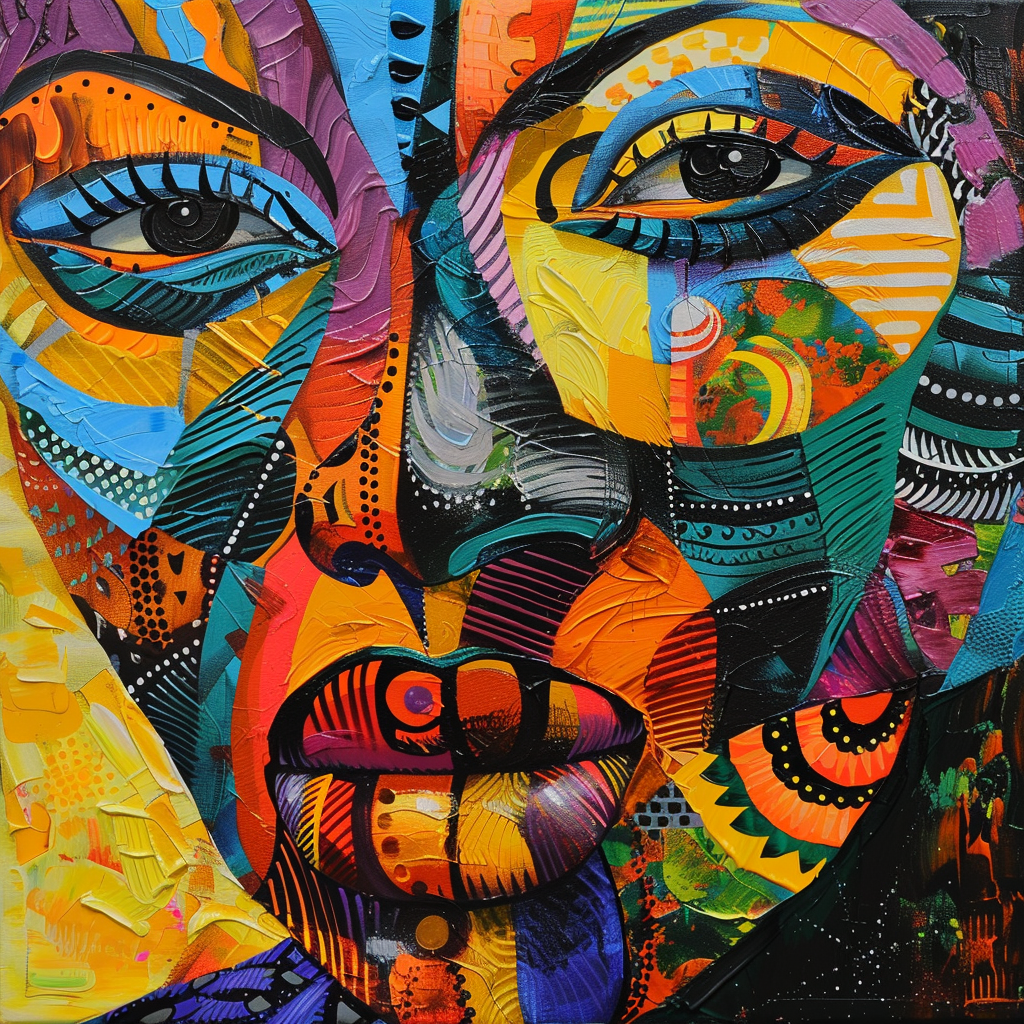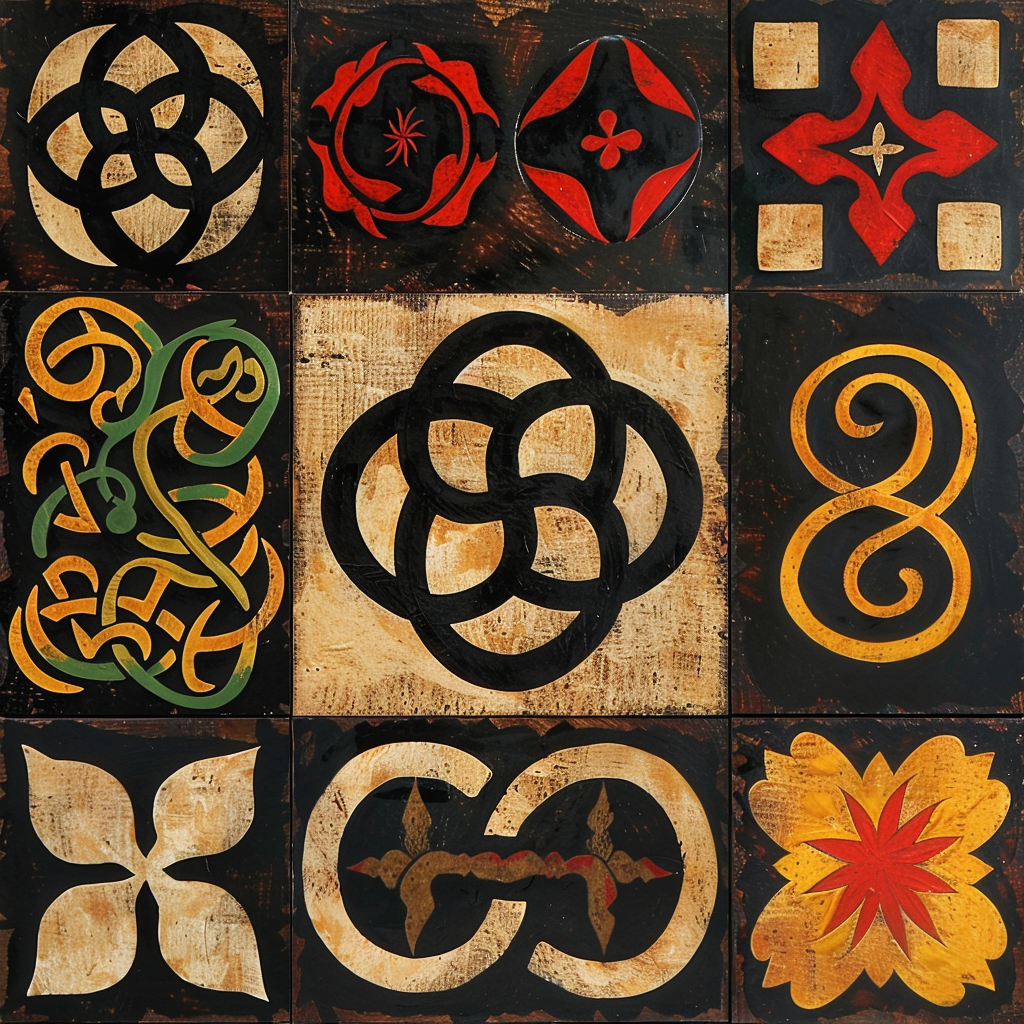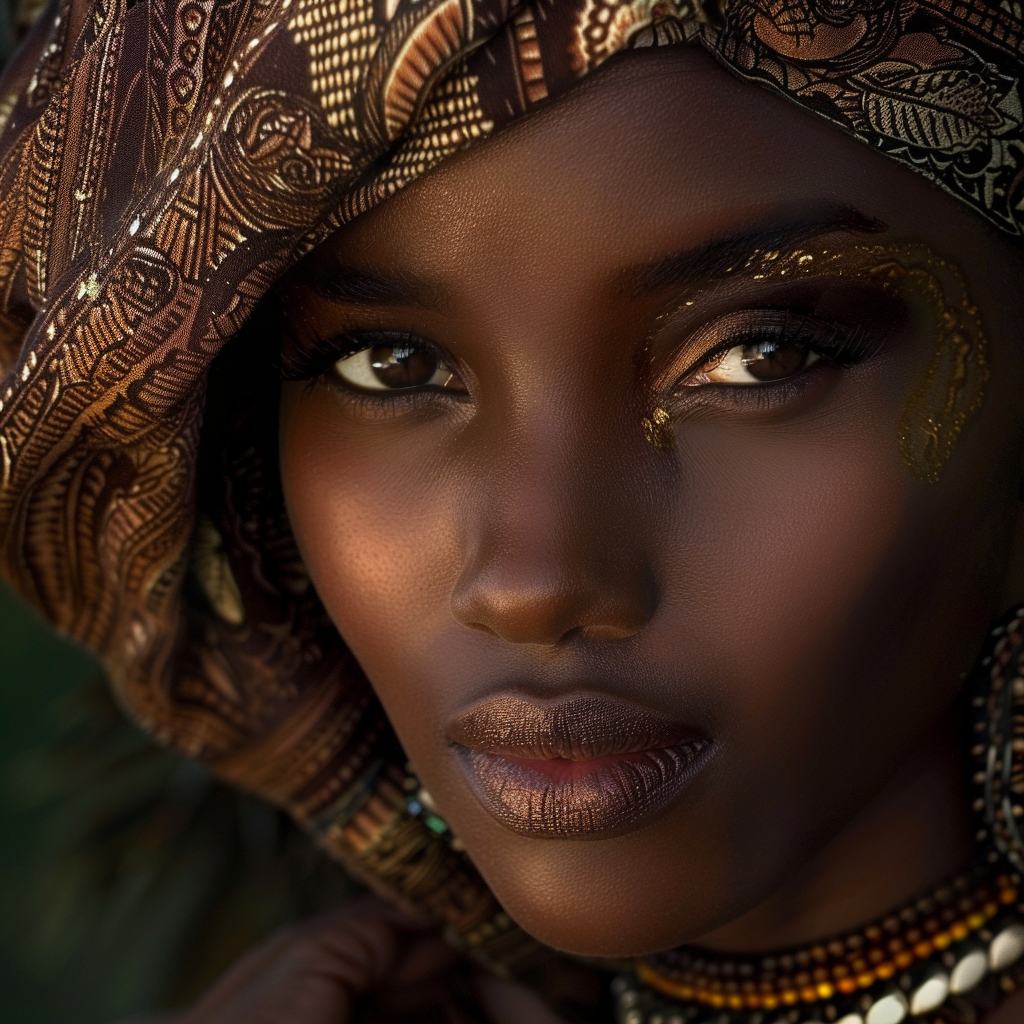
Embracing Our Heritage
Imagine unlocking a treasure chest brimming with the vibrant stories, songs, and wisdom of generations past. This treasure lies in the languages and traditions of Africa, a continent rich with diverse cultural heritage. Preserving these elements is crucial, especially for the younger generation of women who can play a significant role in keeping their heritage alive. This post will delve into the importance of preserving African languages and traditions, focusing on empowering young women to become custodians of their cultural legacy.
The Importance of Preserving African Languages
Languages are the lifeblood of culture, encapsulating unique knowledge, traditions, and worldviews. Africa is home to over 2,000 languages, each a repository of history and identity. However, many of these languages are at risk of extinction as younger generations shift towards global languages like English or French. Preserving these languages is essential for maintaining the continent’s cultural diversity and heritage.
To save these linguistic treasures, various strategies are being employed
– Language Schools and Programs: Establishing schools that teach indigenous languages to young people.
– Digital Initiatives: Creating apps and online dictionaries to facilitate learning and usage of these languages.
– Community Engagement: Encouraging storytelling, music, and poetry events in native languages.
By supporting these efforts, young women can take an active role in preserving their linguistic heritage, ensuring that future generations can connect with their roots.
Celebrating Traditional Practices
African traditional practices, encompassing music, dance, art, and rituals, are integral to the continent’s cultural fabric. These traditions are not merely for entertainment; they impart valuable life lessons, foster community bonds, and preserve historical narratives. For instance:
– Traditional Dances: Often performed during significant life events such as weddings or harvests, these dances convey stories and values.
– Music and Songs: Serve as historical records and mediums of expression for emotions, social issues, and cultural identity.
– Art and Craft: Handicrafts and artworks reflect the unique aesthetic values and skills passed down through generations.
Young women, as cultural ambassadors, can play a pivotal role in sustaining these practices by participating in, learning, and teaching these traditional arts.

Why African Languages and Traditions Matter Today
In our fast-paced, globalized world, one might question the relevance of old languages and traditions. However, these cultural elements are the foundation of our identity and community.
They provide:
– A Sense of Belonging: Understanding and participating in cultural practices gives individuals a deeper connection to their heritage.
– Historical Insight: Traditions and languages are vessels of historical knowledge, offering insights into the past and guiding future generations.
– Cultural Diversity: Preserving these elements enriches global cultural diversity, fostering a more inclusive and understanding world.
For young women, embracing their cultural heritage can empower them with a strong sense of identity and pride, enabling them to navigate the modern world with confidence and resilience.

How Young Women Can Be Cultural Guardians
Everyone can contribute to preserving African cultural heritage, especially the younger generation of women.
Here are some ways to get involved:
– Education and Awareness: Learn about your cultural roots, the history of your community, and the significance of traditional practices.
– Supporting Local Artists and Practitioners: Purchase and promote the work of artists, musicians, and craftspeople who are keeping traditional practices alive.
– Cultural Participation: Engage in cultural events, learn traditional dances, songs, and crafts, and encourage others to do the same.
-Advocacy and Leadership: Advocate for the inclusion of cultural education in schools and community programs, and take on leadership roles in cultural preservation initiatives.
By taking these steps, young women can become the queens of their culture, leading efforts to safeguard their rich heritage.
Bridging the Past and Future
Preserving African languages and traditions is akin to building a bridge between the past and the future. It allows us to honor our ancestors while providing future generations with a rich cultural legacy. By embracing and promoting their heritage, young women can play a crucial role in this preservation. Let’s all be guardians of our heritage, ensuring that the stories, languages, and traditions of Africa continue to thrive.


